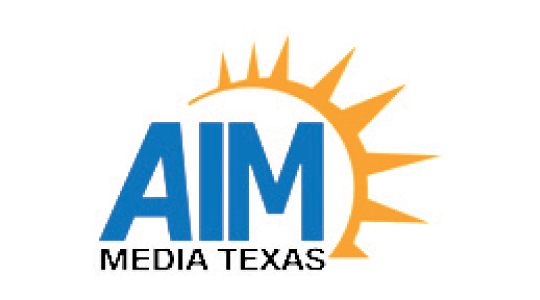The deadly February 2021 statewide freeze exposed great inadequacies and mismanagement in Texas’ energy network. Since then little progress is evident in addressing the primary problems. Now a bill in Congress would force Texas, which has the only single-state energy program on the U.S. mainland, to connect to the nationwide power grid.
U.S. Rep. Greg Casar, D-Austin, has filed a bill that would mandate Texas join the national energy network. Reports indicate that most Texas Democrats in the U.S. House support the bill while all Republicans oppose it. Casar filed the bill on Feb. 14 — the three-year anniversary of when the freeze began.
Is it a good idea? Would joining the national grid benefit Texans and prevent future mass outages?
We doubt it.
While the most direct problems that led to the mass power outages in 2021 were related to frozen equipment and fuel lines in the state’s three primary power systems — gas, wind and solar — much of the blame was directed at the Electric Reliability Council of Texas, which manages the statewide grid that connects more than 90% of the state’s energy utilities. That blame certainly was deserved. Consequent reviews found ERCOT had not maintained adequate supervision of the industry and allowed the conditions that left the power grid unable to handle the deep freeze that left much of the state, including the Rio Grande Valley, without power for periods that in some cases lasted more than a week. Nearly 250 Texans died as a result of the deep freeze.
Nor has the council adequately handled its own responsibility of improving the network of transmission lines that make the grid work.
Immediate reactions to the 2021 grid collapse included resignations and dismissals from the ERCOT board, and promises from Gov. Greg Abbott and other state officials that such a calamity would never happen again.
Since then, however, the most noticeable actions in the past three years has been political bickering promoting one form of energy over another, with little evidence of new transmission lines being laid across the state.
The bill’s supporters say connection to the national grid will help prevent future calamities such as 2021, since we could tap into the national energy network.
However, that connection works both ways. Other parts of the country could draw from state energy supplies when necessary. In 2021, for example, much of the country dealt with harsh conditions just as Texas did. With both networks needing more power, which grid would take from the other?
It’s worth asking; even in normal years Texas businesses and schools are asked to close on cold days so that power to homes can be maintained, and on hot days residents are asked to conserve energy to prevent blackouts and brownouts. A national grid could be another drain on an already maxed-out system.
Moreover, ERCOT’s biggest problem is transmission. Reviews of Texas’ power infrastructure have found that power companies can produce much more energy than the state can move through the network.
Texas’ power grid remains fragile. Tacking on the national network could further that strain rather than relieve it.
AIM Media Texas




